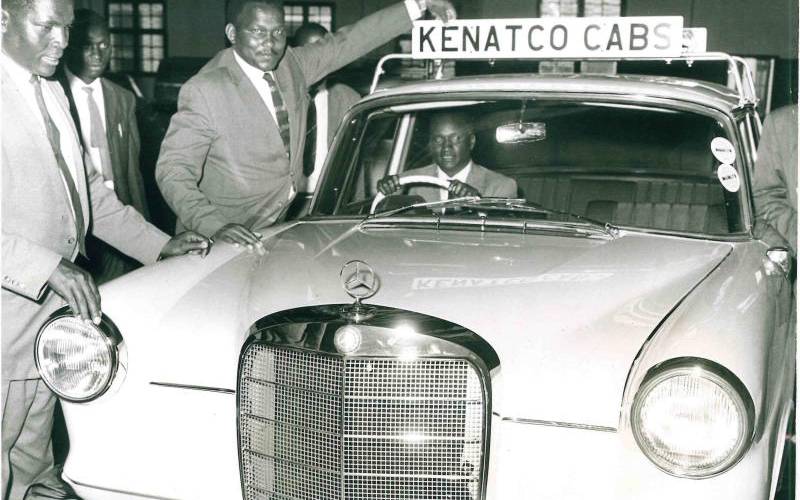
Appearing for vetting by a parliamentary committee this week, Chief Justice nominee Martha Koome was hard-pressed to state how she will end notion that the Judiciary is the weakest link in the fight against corruption. Her answer was that if all systems worked seamlessly, that wouldn’t be too difficult a task. We revisit the days when institutions worked, and the corrupt faced harsh consequences
Paul Ngei, a Cabinet minister in early years of independence to early 1990s had impunity as his second name. He never saw a law he didn’t want to break. His excuse always was that he was friend to the Head of State so you could take him nowhere.







